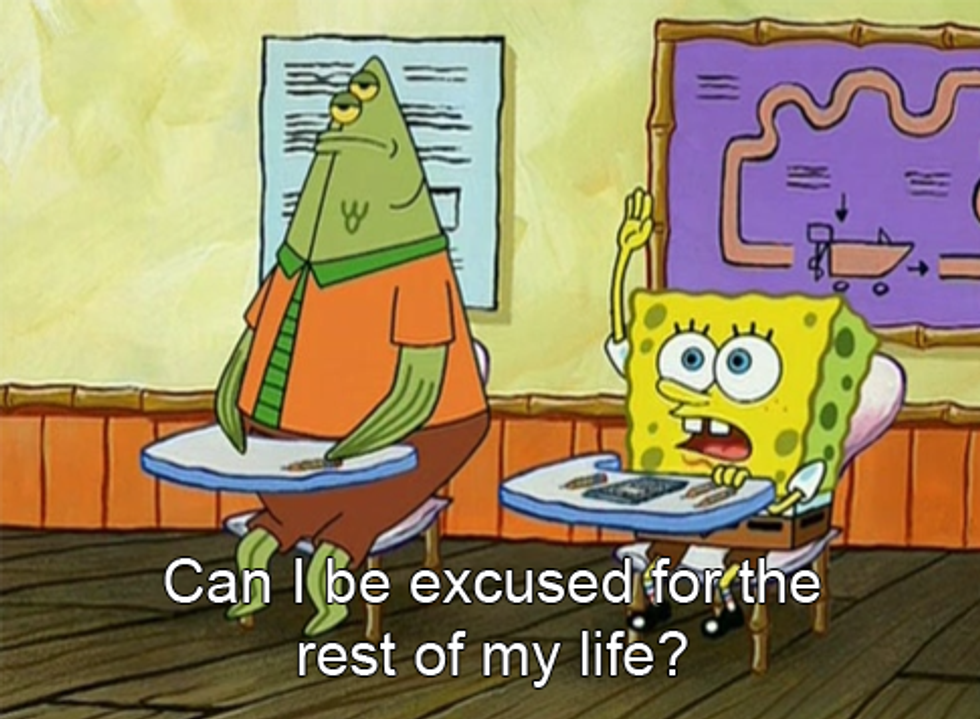This past week, comedian Bill Cosby was detained by police under felony charges for one millions dollars bail. For months, the media has been buzzing about the sexual assault allegations being pressed against Cosby. Every few weeks, more women would come forward with different stories painting the much-loved comedians past in a different light. However, the authorities steps to charge Cosby show that we are finally moving in the right direction when it comes to bringing justice to victims of sexual assault—especially when the perpetrator is as high-profile and powerful as Bill Cosby.
For decades, Cosby has been using his money and status to control and silence these women, but recently a woman came forward with allegations that had not yet surpassed the statute of limitations. While he was able to post bail, Cosby still faces felony charges and will appear before a judge. And throughout all of this, Cosby still maintains his innocence. In situations like this, it’s important to monitor our own media consumption and to ensure that we will not tolerate figures like Cosby who commit heinous acts of violence against women.
Cosby is not an anomaly—countless of famous, affluent, and beloved cultural icons commit horrible horrendous acts. Filmmaker and director, Roman Polanski, raped and molested a young actress on his film set in 1977. A few years ago, daughter of actress Mia Farrow published a tell-all essay about the sexual abuse she suffered while her mother was still in a relationship with Woody Allen. In the end, these figures of power have manipulated and controlled their victims, silencing them and forcing them out of the spotlight.
With figures like Cosby and Polanski and Allen, in the twilight of their highly successful careers, face the threat of having their bodies of work tarnished by their sordid, secret acts. For some people, it’s important to separate the work from the artist, but, for me, I can’t. When I watch the films and work of these men, I see the undertone of something darker now. In The Cosby Show, every interaction Cosby has with his fictional daughters—his patronizing and condescending tone towards them—leaves a sour taste. In Allen films, references to dating underage girls—overlooked in the past—have a new disturbing interpretation in the modern era. The artist, in cases like this, are impossible to separate from the work itself.
If I can, I chose to abstain from watching or consuming the work creates by figures like these. For cultural objects like Annie Hall or The Cosby Show it’s hard to ignore the impact they had on our culture and society, but what’s more important—a romantic comedy or the lives of the victims of these men? I am aware we live in a misogynistic, violent society, but by avoiding media that one considers toxic or harmful, one can make a clear statement in what sorts of figures we want to continue to prop up as cultural icons.




















